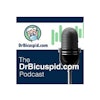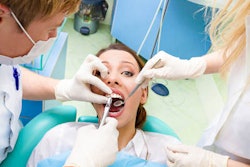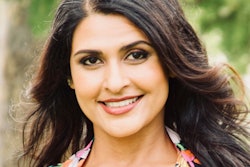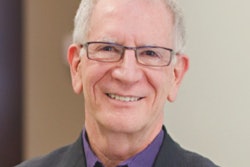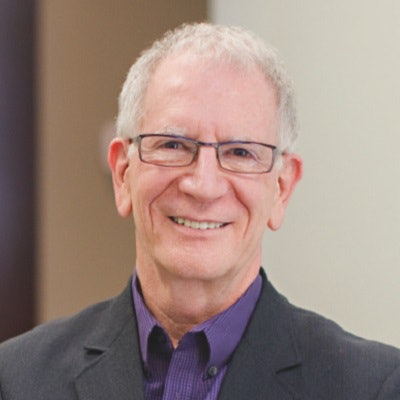
Lately, I've had some patients ask me about the term biological dentistry. There has also been some controversy as to its value. As you might have guessed, I have some thoughts on this term and what it means for our patients.
 Alvin Danenberg, DDS.
Alvin Danenberg, DDS.Biological and holistic dentistry mean basically the same thing and are, for the most part, interchangeable. By which I mean you can substitute the term "biological" for "holistic" and vice versa.
These terms refer to an approach that integrates the best concepts from conventional dentistry with the knowledge that the entire body is interconnected. Whatever affects one area of the body can affect all other areas. These concepts promote the use of nontoxic materials for dental procedures and emphasize the potential impact that dental procedures and infections may have on a person's overall health. Likewise, what is going on within our body often is reflected in our mouth.
Quackwatch
Any dentists could refer to themselves as "biological dentists," This is where the controversy starts, as on a website called Quackwatch, Stephen Barrett, MD, wrote in August 2018 that he advised readers to "steer clear of dentists who use or even recommend any of the dubious practices described in this article."
“Whatever affects one area of the body can affect all other areas.”
It won't come as a surprise that I strongly disagree with these comments by Dr. Barrett, but I encourage you to come to your own conclusions.
The mouth is not an island unto itself. How could anyone not realize that the blood that flows through the jaw is the same blood that flows through the heart and the rest of the body.
What goes into the mouth eventually travels the entire digestive tract and will either be absorbed or not absorbed into the body. The bacteria in the mouth and the bacteria in the gut will affect the entire microbiome throughout the inside and the outside of the body. Infections in the mouth will cause systemic biomarkers to rise, indicating systemic inflammation. The mucosal tissues in the mouth cross-talk with all other mucosal tissues throughout the body and influence the body's immune response to antigens. So, how can the concepts of biological dentistry be dismissed as a fraud?
Not recognized
One big problem with the term biological dentist is that it is not a recognized dental specialty. There is no approved postgraduate specialty program that offers a certification.
To complicate this further, dentists can join certain organizations that give the appearance to the public that they are specially trained biological dentists. But the dentists only need to pay the fee and state that they follow some guidelines to become members.
There is no scrutiny by licensing authorities because there is no legal entity that would require regulation. However, dentists can learn biological dentistry through years of continuing education and researching the medical literature.
With all this in mind, when my patients ask, I tell them they will need to do some homework, and you will need to ask some pertinent questions. The second part of this series will detail that homework and those questions dentists and patients should ask of any practitioners calling themselves biological dentists.
Alvin Danenberg, DDS, has retired from the private practice of periodontics in Bluffton, SC. He continues to be on the faculty of the College of Integrative Medicine and created its integrative periodontal teaching module. He also spent two years as chief of periodontics at Charleston Air Force Base earlier in his career. His website is drdanenberg.com.
The comments and observations expressed herein do not necessarily reflect the opinions of DrBicuspid.com, nor should they be construed as an endorsement or admonishment of any particular idea, vendor, or organization.



